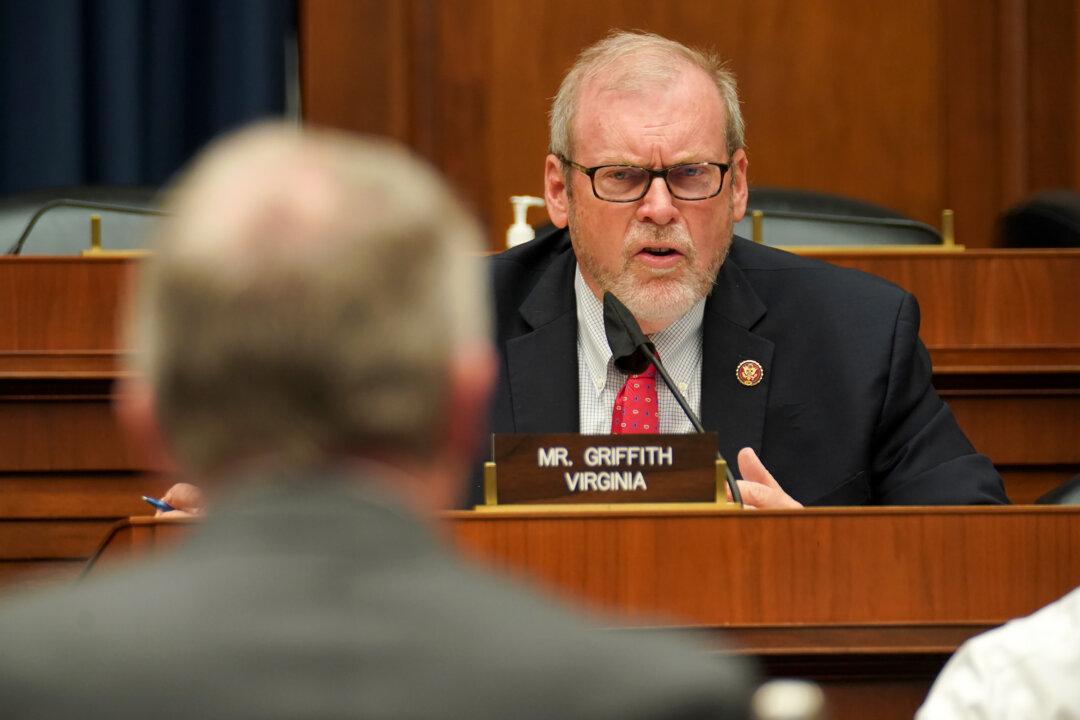Republicans could add to their advantage in state leadership by winning two races against Democrat governors this fall.
Of the three 2023 gubernatorial contests, Republicans are favored to retain one executive mansion, flip a second, and have a reasonable chance to capture the third.





